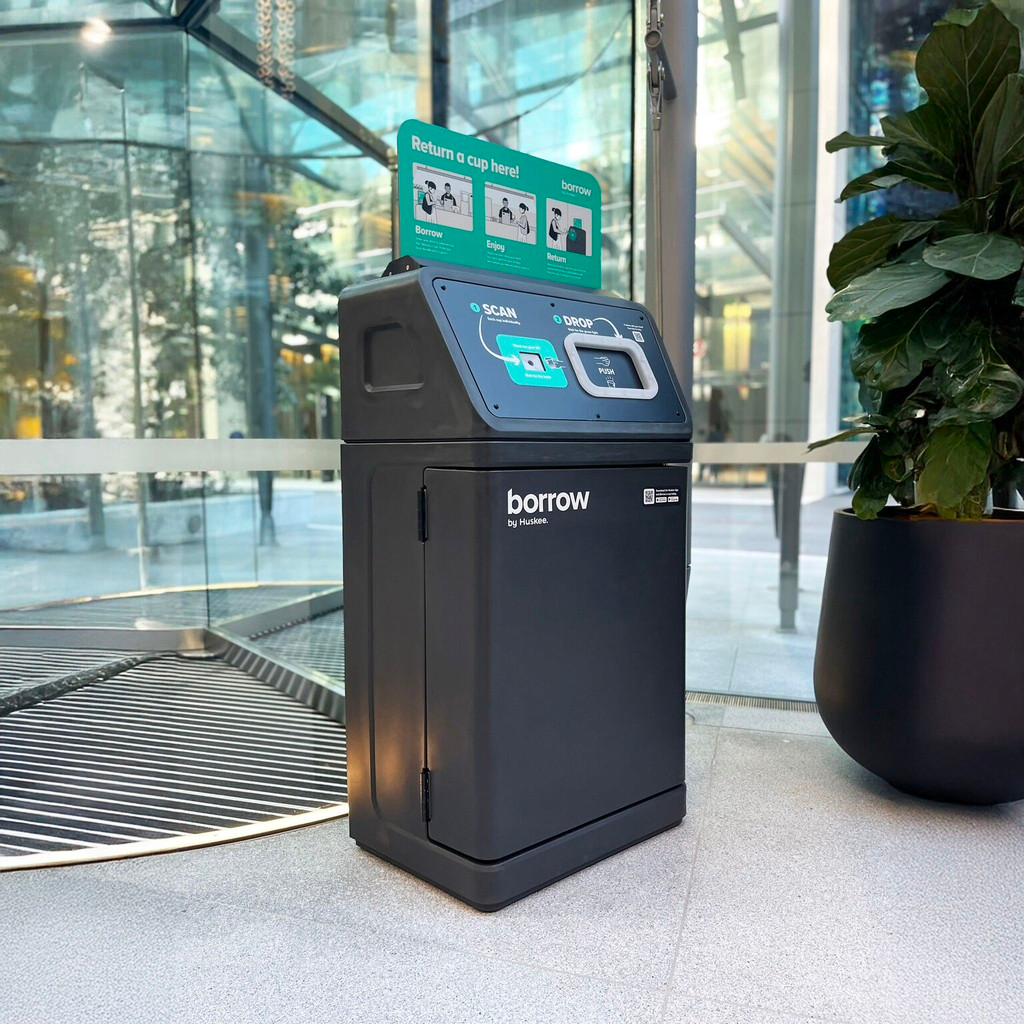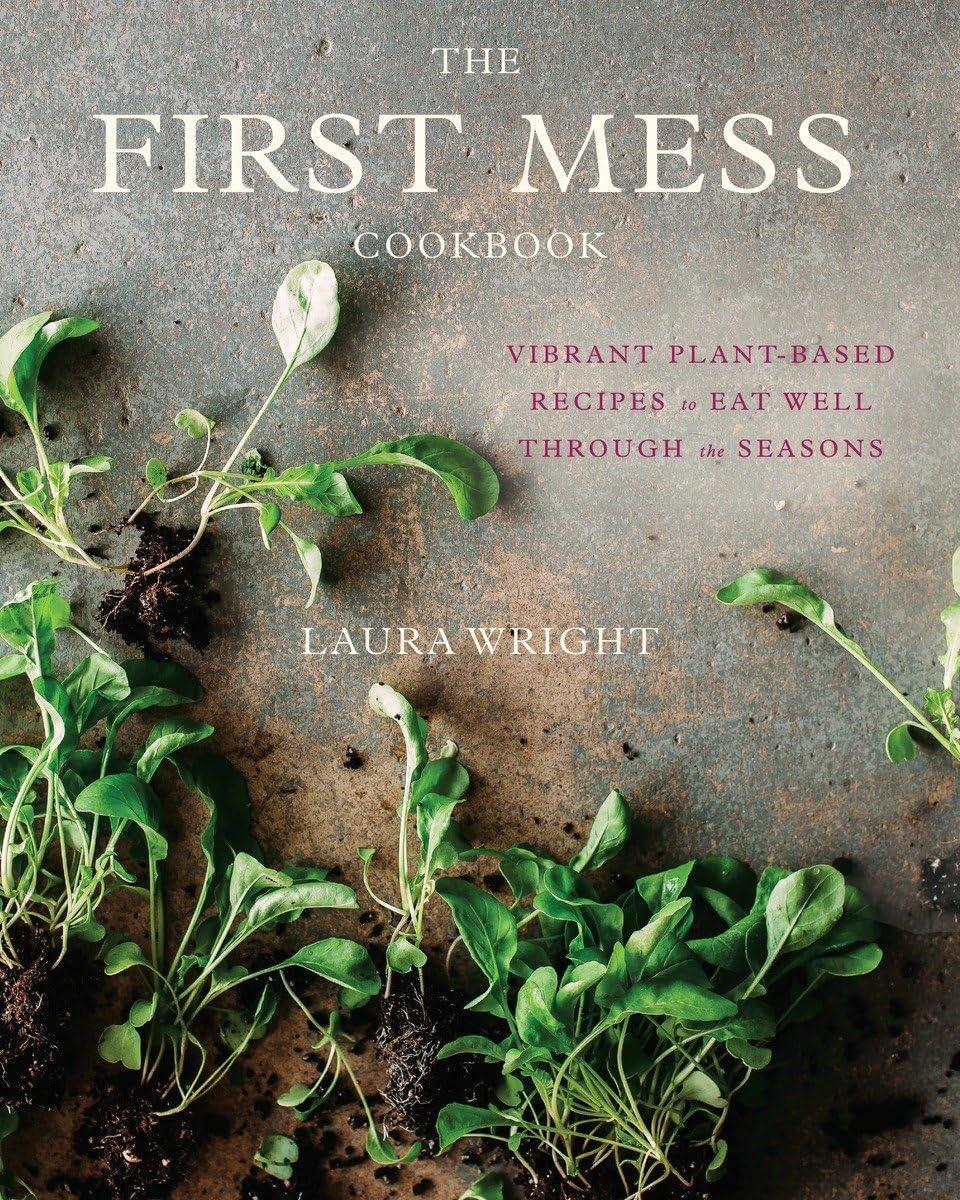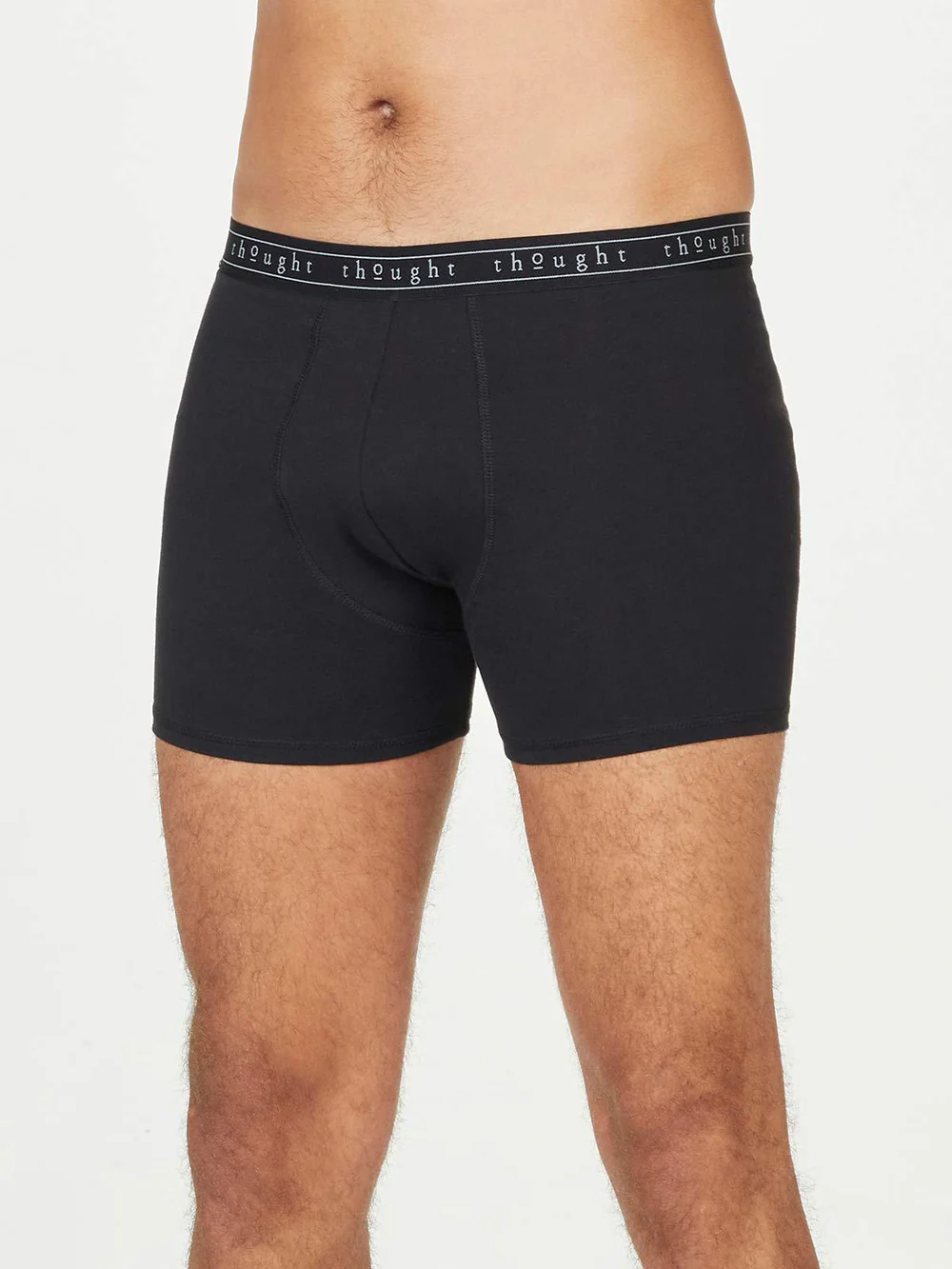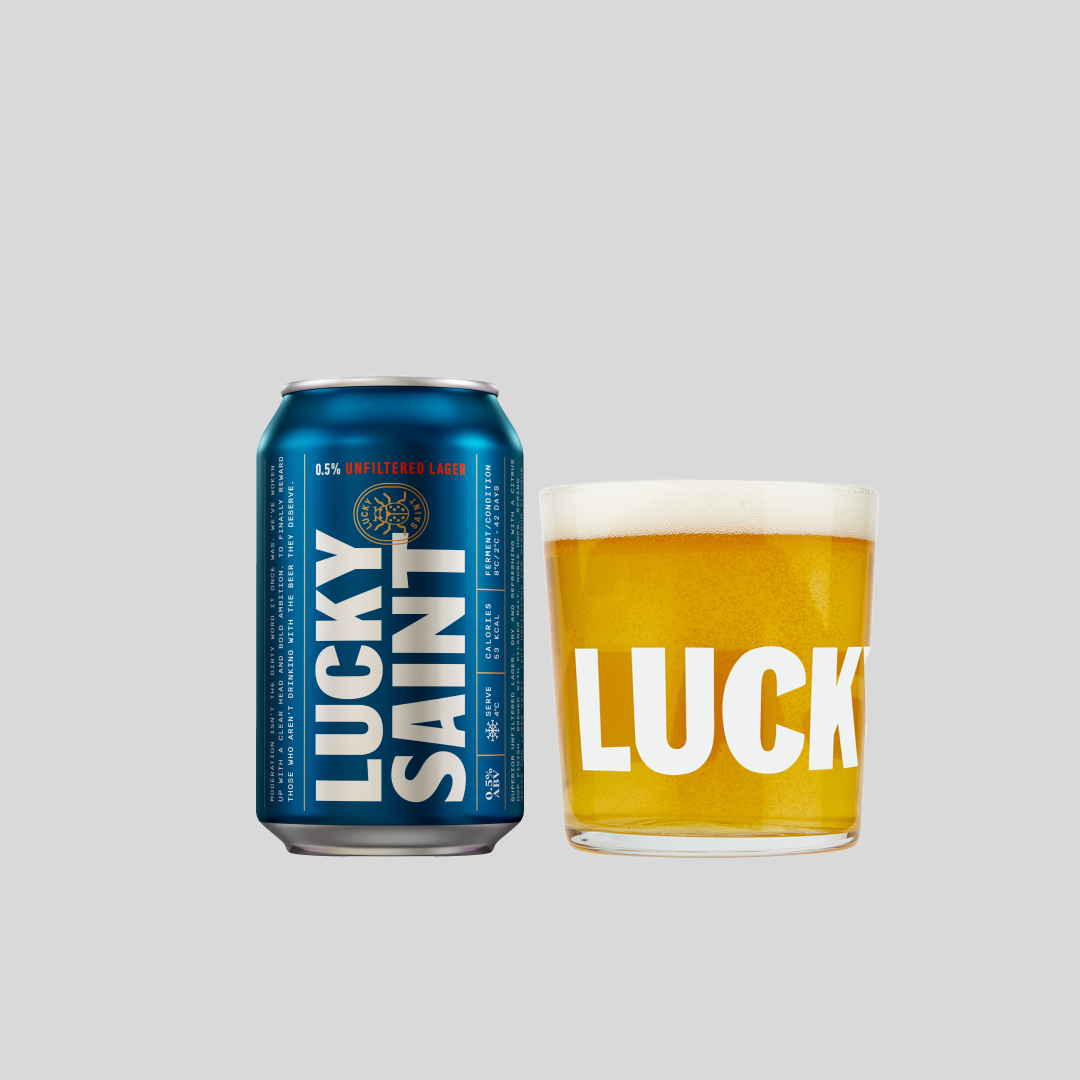Deposit Return Schemes Explained (how they reduce litter)
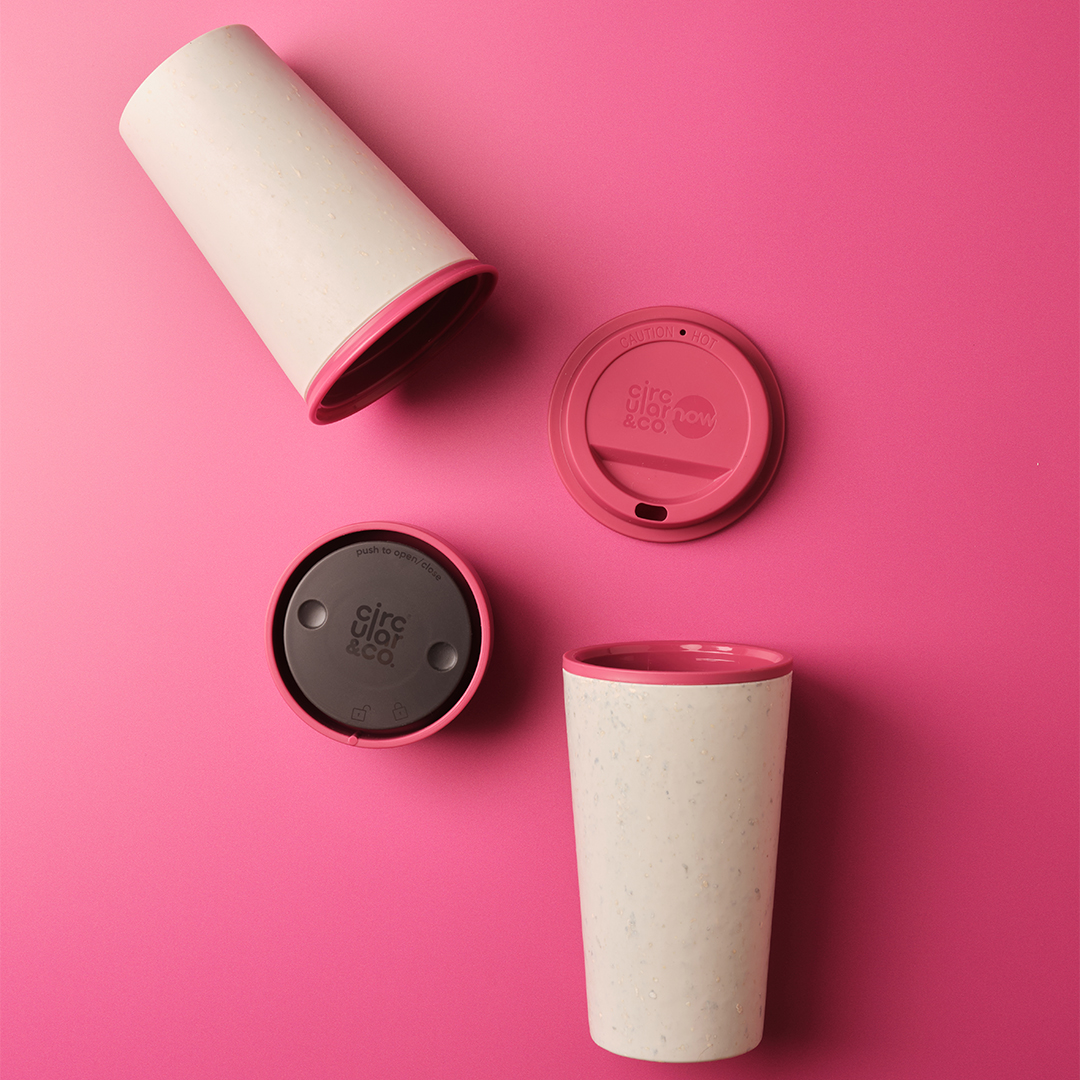
The Circular Returnable Cup (use code EnglandNaturally for 10% discount)
Deposit return schemes are used extensively abroad (including Ireland, Sweden and Germany), yet still in England we don’t have theme, with legislation having been delayed yet again.
This is due to not wishing to include glass bottles (the third most littered item on beaches, and broken glass can harm children, pets and wildlife, when littered on land).
Almost 20 million bottles and cans are littered daily, in the UK. Ireland collected 2 million containers within the first 2 months of operation. So a delay is going to cause huge litter issues for another 24 months.
Yet in countries with deposit return schemes (which provide a small financial incentive for returning used and littered bottles to reverse vending machines), around 90% to 98% of all bottles are recycled (you won’t find discarded plastic bottles or drinks cans anywhere).
2 years after a deposit return scheme launched in Latvia, littered drinks containers on the Baltic Sea coastline reduced by half. And volunteers looking to clean up the largest river, found not one drinks container.
NHS says that it’s best to avoid caffeine for pregnancy/nursing (or no more than 2 cups of weak tea daily – or 1 cup of mild coffee or cola). We like Sanctuary Coffee (profits help animals!)
Use a sink protector to catch coffee grounds, then bin (caffeine may affect compost creatures). Same with tea leaves.
How do Deposit Schemes Work?
If you buy a drink in a plastic bottle or can, you pay a small deposit (around 20p) on top of the price. Then you simply take your empty drinks container to the nearest reverse vending machine (with the lid on) and pop it in. The machine reads the barcode, and returns your deposit.
People abroad use these machines to either:
- Receive a small rebate (the average Finn earns around £40 a year – which helps to fund their massive coffee-drinking habit – 4 cups a day – more than anyone on earth!)
- Earn a living (obsessive recyclers go around looking for empty littered containers, then put them in reversed vending machines). There is enough litter on our streets, in the countryside and on beaches, to likely earn a good income).
- Donate to charity (some community reverse vending machines let you donate your deposit to good causes). In Victoria (Australia), these have helped to fund local shelters, hospital equipment and even football team kits).
You can read a case study of a successful scheme in place in Cornwall. Customers pay a £1 deposit a returnable cup, then return for a refill or refund. The scheme has proved very popular.
Returnable cups are becoming increasingly popular, as an alternative to refillable coffee cups (which are also good). Major chain brands are getting on board, and the scheme is also now up and running at Blenheim Palace, for visitors.
Set up a Cash for Cans Community
Until we have a deposit return scheme, you can set up a Cash for Cans facility in your area. This lets local people recycle cans, and raise cash for local causes.
Metal merchants will pay 30p to 50p per kilo (around 80 cans). So (with 6.5 billion cans littered each year in the UK). So that’s at least £250 million that could go to good causes, and remove litter off our streets at the same time.
Cash for Cans has already:
- Raised £15,000 for an Air Ambulance in Hampshire (collection points in local churches to vineyards).
- Bought a football kit, defibrillator and recycled plastic picnic benches for an Exeter football club
- Raised £75,000 for a Hindu temple (used cans & foil)
The scheme only works if returning an empty, feels as easy as buying the drink in the first place.
How deposit return schemes reduce litter
Deposit return schemes change behaviour because they attach value to the container. It’s no longer “just rubbish”. That small shift has knock-on effects for streets, parks, and recycling quality.
Still, it’s not magic. People need somewhere to return items, and the process can’t feel like a second job. If returns are awkward, containers still end up in bins, or stuffed in cupboards until someone gets fed up.
The best schemes feel routine. You buy drinks, you keep empties, and you return them on your next normal trip. Done well, that routine cuts litter and increases the amount of good material collected for recycling.
Less litter in parks and streets, and cleaner recycling
Deposits reduce litter for a simple reason: people don’t like throwing away money. Even if someone does drop a bottle or can, another person may pick it up to claim the deposit. That changes what you see on the ground, especially in parks, near bus stops, and around beaches.
Countries with long-running schemes often report fewer drinks containers in litter bins and waterways, and higher return rates. The exact results vary by design, but the direction is consistent. When returns are easy, more containers come back.
There’s also a quieter benefit: cleaner recycling. When bottles and cans are collected separately through a DRS, they avoid food waste, mixed materials, and general muck. That matters because recycling works best when the material is clean and sorted. A pile of sticky mixed packaging is harder to process. A stream of similar, well-kept containers is easier to turn back into new bottles and cans.
Cleaner material means better recycling outcomes, because the system spends less time sorting and rejecting contaminated items.
You’re not paying more, to return empties
A deposit is refundable. So if you return your empties, you aren’t paying more for drinks overall. The deposit only becomes a cost when containers don’t come back.
Picture a household that buys a few bottles or cans each week. If they return them on the weekly shop, the deposit comes straight back. If they forget, or they crush everything and the barcode won’t scan, the deposits add up and it feels like a penalty.
That links to fairness. Deposits can help people on tight budgets when return points are nearby and simple to use. On the other hand, it can feel harsh if the nearest return location is far away, queues are long, or the rules are confusing.
A few habits make it easier: keep a bag by the door for empties, give containers a quick rinse if needed, and return them as part of your normal shopping trip. When it becomes routine, it stops feeling like extra effort.
How independent shops and cafés benefit
Big supermarkets can often fit return machines and storage areas. Independent shops and small cafés don’t always have that space. If a scheme leans too hard on small retailers without support, it can create stress, mess, and queues.
Good DRS design recognises that reality. It offers flexible return options and pays for the time and handling involved. It also keeps rules consistent, because staff can’t spend all day explaining which bottle counts.
The Circular Returnable Cup
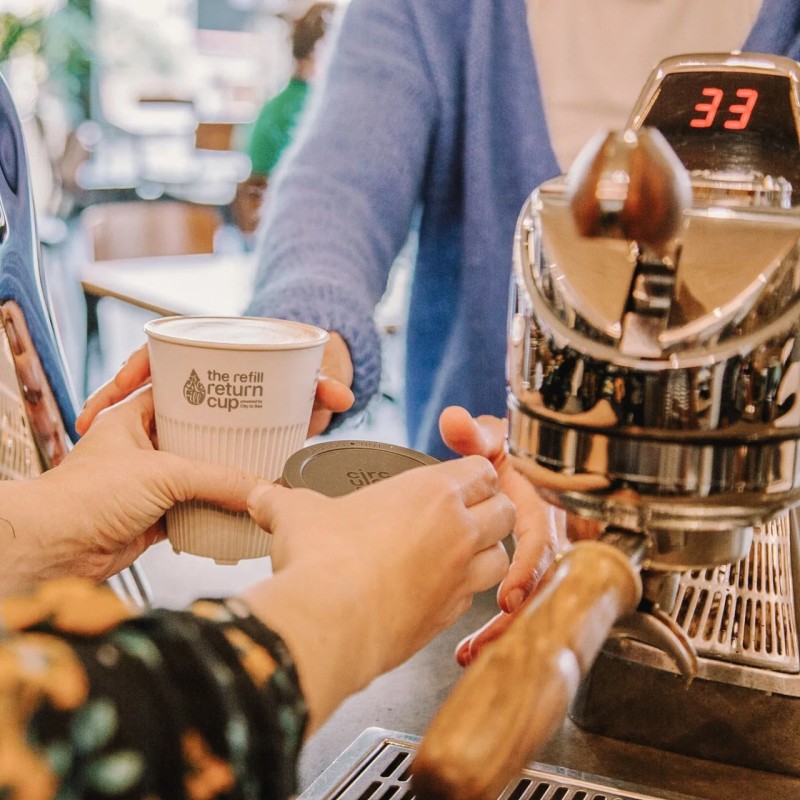
Circular & Co (use code EnglandNaturally for 10% discount) is a company that is changing the way that people in England drink water and coffee. It not only offers a range of ‘circular cups and bottles (all made from recycled materials and easy to recycle).
It also offers one of England’s first returnable cups for coffee shops and independent cafes, which are given to customers for a small deposit, returned when they bring the cup back. Items can also be branded on request.
Brummie Cup (free reusable cups for Birmingham)
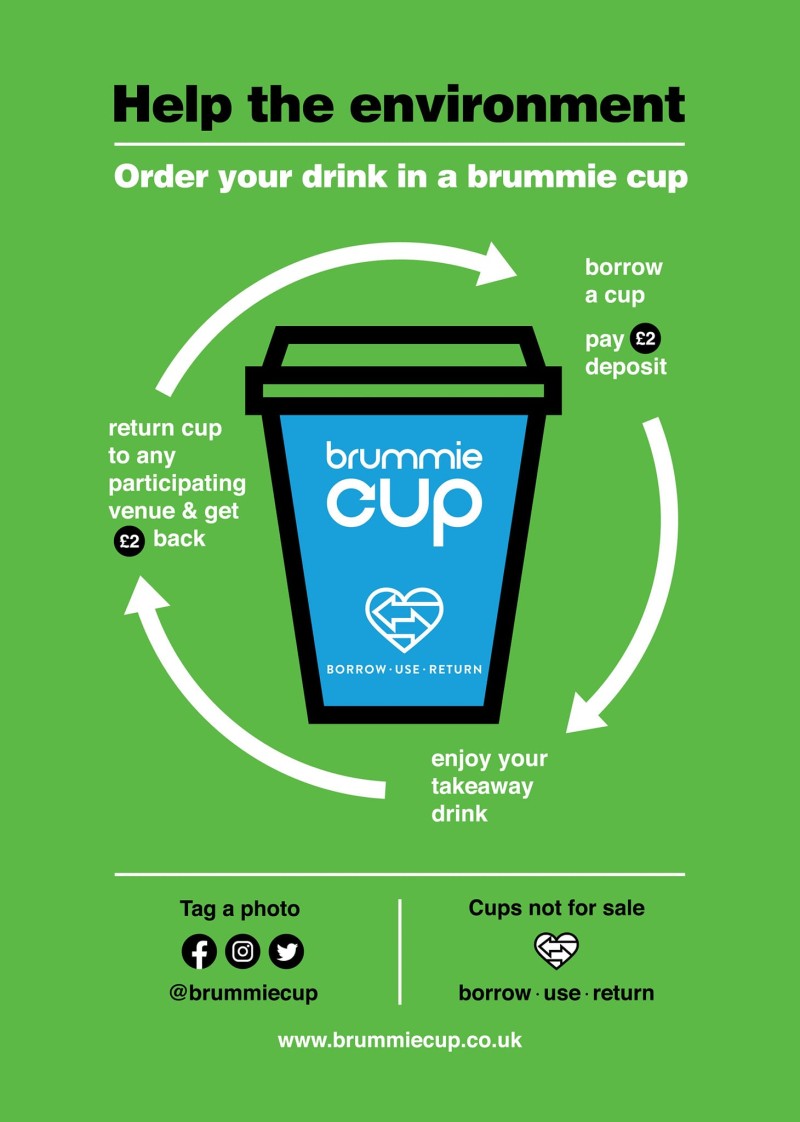
Brummie Cup was designed to stop the 7 million or so disposable cups being thrown away each day in the UK. You can borrow them for free for community events locally, then just wash and return them. Created by a local Birmingham environmental group, there are up to 2000 available.
As these don’t have lids, it’s recommended they are used without them (so take care with hot drinks).
Billie Cup (reusable cups for deposit return)
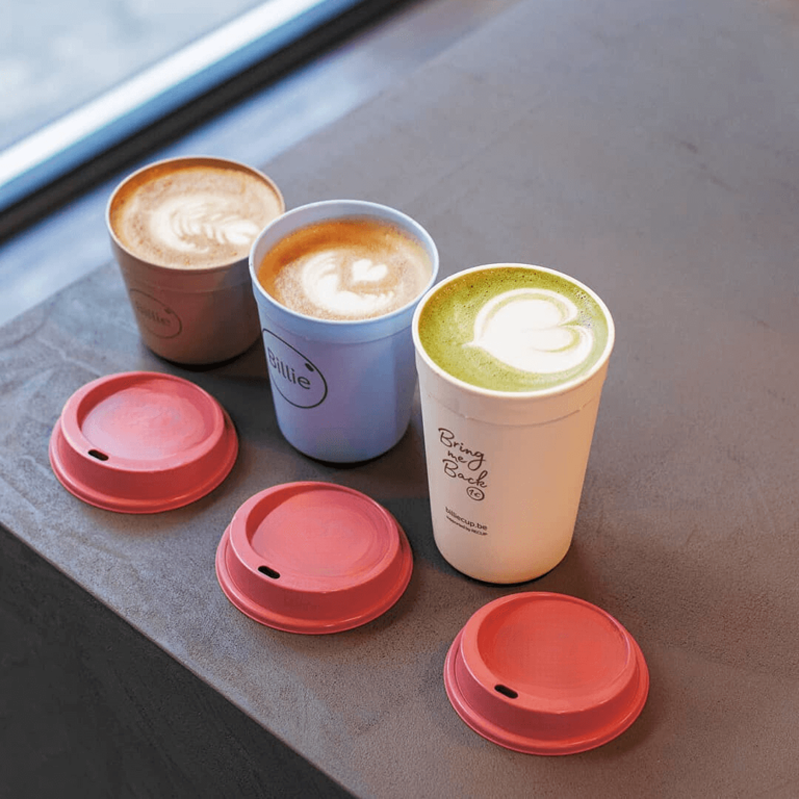
Billie Cup is a range of reusable cups used across Europe for independent cafes, coffee shops, hotels and restaurants, that comply with regulations for deposit return schemes.
The cups are made from plastic (simply because they are designed to be used hundreds of times, and easy to wash in hot dishwashers, before recycling). The idea is to reduce litter, as customers return them for their £1 or so fee (or 1 Euro in France, Belgium and The Netherlands).
The brand was founded by two environmental activists who decided to design a range of cups with lids, to replace disposable littered cups. Available in 5 versions:
- A tiny espresso cup
- A small coffee cup
- A standard coffee cup
- A large coffee cup
- An extra large coffee cup
The lids are sold to customers as one-off purchases, to use with the returnable cups.
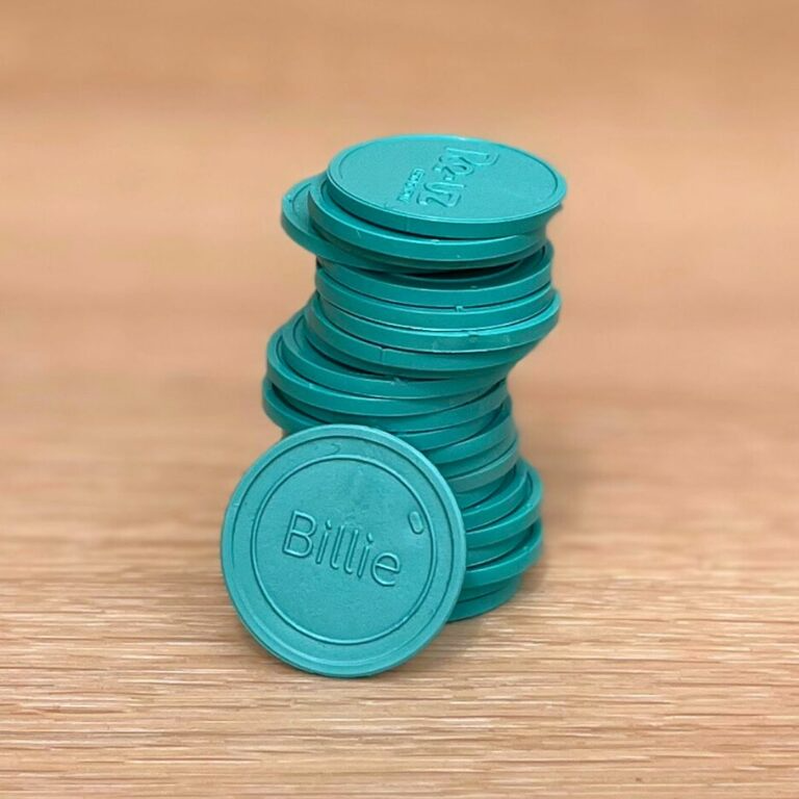
The company also sells tokens (made from recycled fishing waste) that cashless outlets can use, for customers to buy and return the cups, without need for notes or coins. Millions of disposable coffee cups are thrown away each day.
The paper can’t be recycled due to plastic lining, which breaks into microplastics if the cups are littered. Sweet caramel liquids can tempt dogs and wildlife (harmed by caffeine or xylitol).
Depending on your business, you can choose to take small deposits manually, but the scheme is set up to use with bank cards and QR codes, for ease of use for regular coffee shop drinkers.
Borrow by Huskee returnable cup scheme
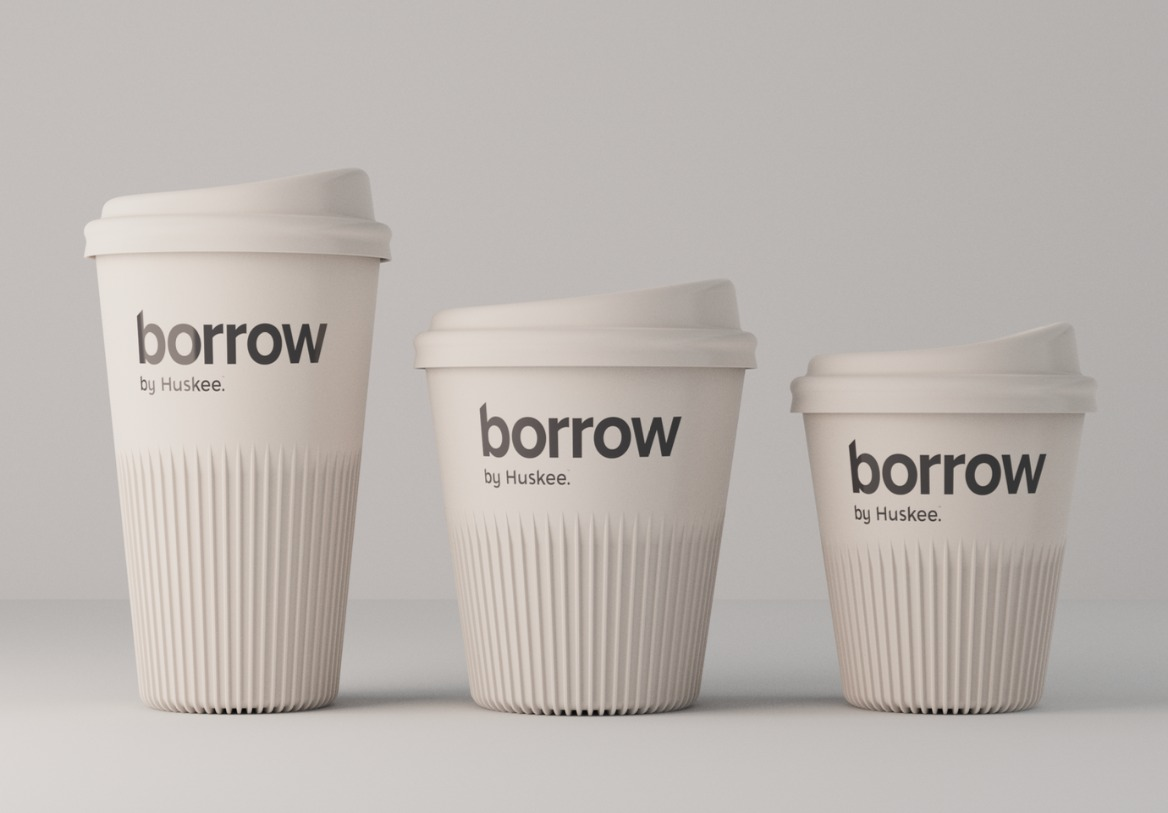
Borrow by Huskee (USA) lets people borrow these reusable cups (made from coffee waste) then just return them to participating outlets when they’re done. You just order your drink, then keep it up to 14 days, before return. Just open the app to find the nearest participating outlet.
The cups are free, you just pay a $3 fee if you don’t return the cup on time. There are also ‘borrow bins’ to drop cups into, if there is no nearby store. The bin only opens for reusables, to avoid contamination. And each ‘borrow and return’ gets you closer to a free cup of coffee!
